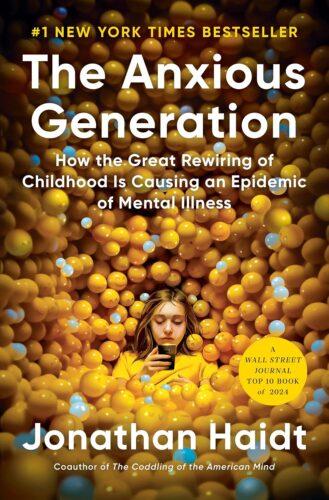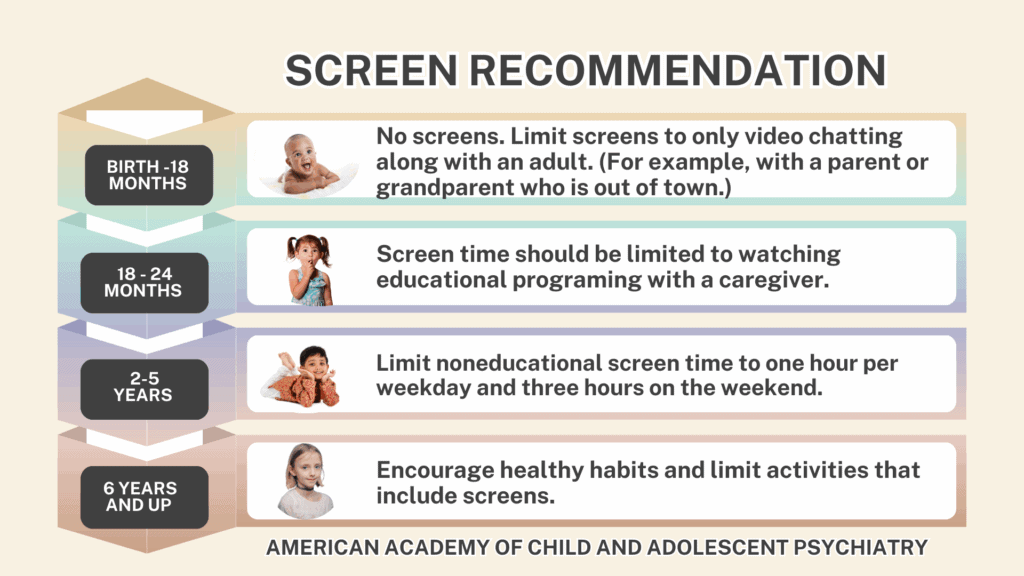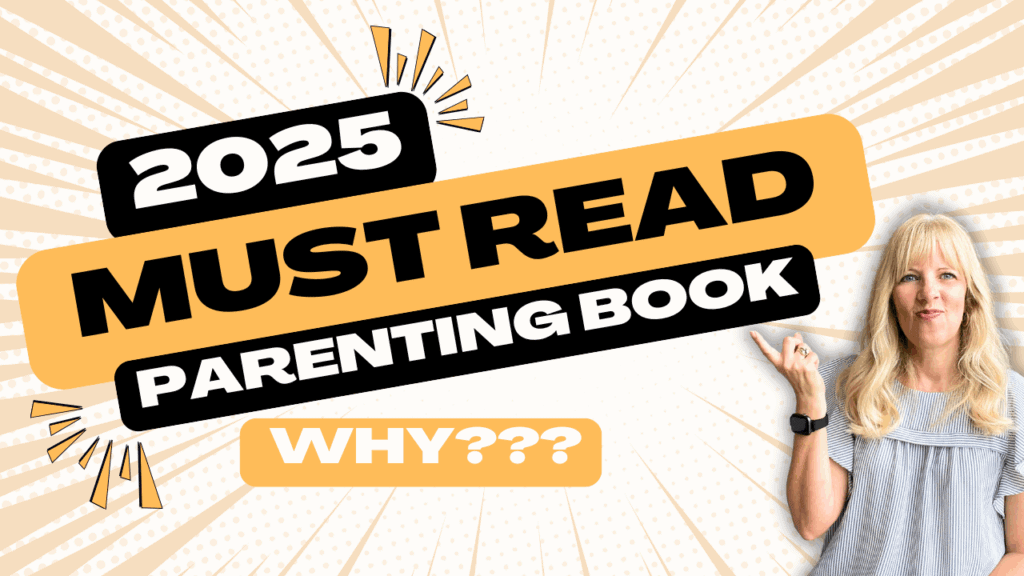
Are we unknowingly causing anxiety in our children?
What Happened Between 2010–2015?
A drastic shift took place. Mental health issues—especially anxiety, depression, and ADHD—skyrocketed in children and teens. Suddenly, kids couldn’t sleep, couldn’t focus, and lacked meaningful social connections.
Something was off.
Now we have the data to back it up.
In The Anxious Generation, Jonathan Haidt reveals the devastating impact of screens on children and teens—and why parents must act NOW.
As a mom of six, I learned this lesson the hard way when we gave one of our kids a phone too early. We had to walk it back, set firmer boundaries, and reclaim our family culture. It wasn’t easy—but it was doable.
I’ll share:
📌Why this book is a MUST-READ for every parent
📌Key takeaways from The Anxious Generation
📌 Practical steps for setting healthy limits
How do we raise healthy, well-balanced kids who grow up to be productive adults?
I am going to highlight this groundbreaking research. But honestly parents hold the most power. Everything I am going to share is straight out the book Anxious Generation along with my personal experience raising six kids.
Mental health is at an all-time high.
WHAT HAPPENED?
We have overprotected our children in the real world and underprotected them in the virtual world. -Jonathan Haidt
Key takeways from the book.
The author shares four areas that have suffered since screens were introduced as well as four ways to regain control.
4 Foundational Harms…
- 1. Social Deprivation. Teens who spend more time on social media are more likely to suffer from depression, anxiety, and other disorders.
- 2. Sleep Deprivation. Teens need more sleep than adults. A study in the UK by Jean Twenge found that “heavy use of screen media was associated with shorter sleep duration, longer sleep latency, and more mid-sleep awakening.”
- 3. Attention Fragmentation. During puberty the “executive function” skill is being developed. Heavy research shows that when screens arrived ADHD rose and executive function dropped. (the ability to make plans and execute those plans)
- 4. Addiction. Social media is trying to ‘hook” children to stay on longer.
4 Foundational Reform to set healthy boundaries…
- 1. No smartphones before high school. Delay the smartphone as long as possible
- 2. No social media until at least 16
- 3. Phone-free schools
- 4. Far more unsupervised play and childhood independence.

✅ Practical Takeaways for Parents
Here’s what you can start doing today:
- ~Delay giving smartphones until high school
- ~No phones in bedrooms or at the dinner table
- ~Create screen-free time (especially before bed)
- ~Encourage real-world activities: sports, hobbies, service, free play
- ~Teach your child to earn digital freedoms gradually
- ~Find community: Partner with other like-minded families
And remember, even the American Academy of Child and Adolescent Psychiatry supports limiting screen use and delaying exposure to non-educational media.
Is it Too Late?
If you have already introduced screens, YOU CAN walk it back. You are in control. It won’t be easy but it is DOABLE. Replace it with other activities until they are able to self-regulate. You MUST protect your children. When you know better, you do better.
Even though I read this book last year, this by far has to be the best parenting book to read to explain what is happening and why. It wasn’t even written by a Christian author but the insight from his research must be read by ALL those who are raising or work with the next generation. We all know screens affect our child, but now there are statistics to back it up. The dangers of screens are real and we must stop and listen to this new research that proves it.
We must protect our children.
If your children can get online, then they have access to pornography, bullies and every evil possible.
📕 The Anxious Generation is the wake-up call we didn’t know we needed—and the practical guide we absolutely do. If you haven’t already…read this book, Anxious Generation!

